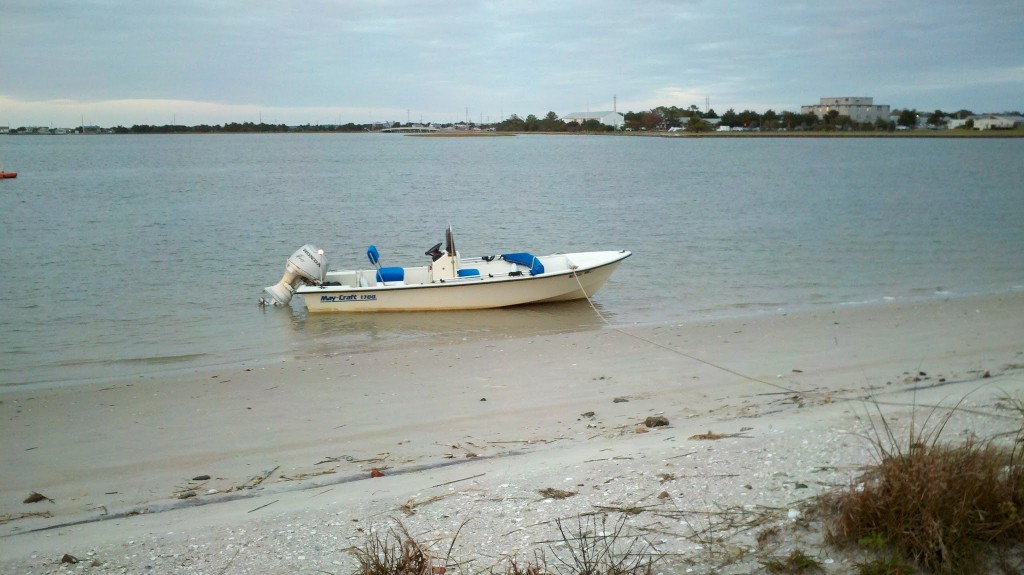 In the past four years, we took our readers from the remote shoals of the Skeleton Coast to the unfathomable depths of the western Pacific. We touched the coasts of every continent, plumbed the depth of every ocean. Throughout this shared journey, the unspoken, implicit rationale, the very heart of our passion, the reason that any of this is worth doing, is that the ocean is awesome. When I say awesome, I don’t mean awesome in some mundane, biblical sense of fear and wonder when staring into the face of god; I’m talking about something much greater than our fragile brains can comprehend.
In the past four years, we took our readers from the remote shoals of the Skeleton Coast to the unfathomable depths of the western Pacific. We touched the coasts of every continent, plumbed the depth of every ocean. Throughout this shared journey, the unspoken, implicit rationale, the very heart of our passion, the reason that any of this is worth doing, is that the ocean is awesome. When I say awesome, I don’t mean awesome in some mundane, biblical sense of fear and wonder when staring into the face of god; I’m talking about something much greater than our fragile brains can comprehend.
We have sailed so far, in these four years, and in this voyage I fear that we have found ourselves, like Ishmael, in “the damp, drizzly November of [our] souls.” The conversation at Southern Fried Science has changed, become more cynical, fatalistic, and driven by threats facing the ocean, rather than reasons why we value it. What once was a sea of boundless potential is now cast in bondage to statistics, benefit analyses, weights and measures, action items. In a way, this shift was inevitable. The ocean is in trouble, the world is changing, and the less we understand it, the more we will lose. Without someone to mark the ledger, to take the bearing, the ship is lost.
Though the chips are logged and the course is true, we may find ourselves at last aground, safely in our port of call with no recollection as to why we sailed this way. One can plot a course through fog and darkness, can sail straight and true, can stand triumphant on the banks of home, and still be completely and hopelessly lost. If we want this journey to continue, we must pause, take stock, and remember the immortal words of one old captain:
“The sea covers seven tenths of the Earth. Its breadth is pure, and wholesome. It is an immense world, pulsating with every form of life. Here there are no despots. On the surface, men still exercise their endless laws, fight and indulge in all their bloody earthly horrors, but below the surface their power ceases… their dominion vanishes. To live, gentlemen, in the embrace of the sea… only here is there independence… here, I recognize no master… here, I am free.”
Consider this not a change of course, but a calm moment where we can sight Polaris from the deck and reaffirm our place in the last wilderness.
So, with a sense of renewed awe, we declare that despite the horrors of shark finning, despite acidification and global climate change, despite man’s fractured relationship with the sea, despite a future of exploitation, the ocean is still a place of wonder, so wide, so deep, that, in the thousands of years which have passed since our species first recorded our journey, we have never fully capture her beauty. As we continue this journey, we will stop to watch the water beneath and remind ourselves why this thing we call the ocean matters. We will take our time to meditate not on the crises unfolding, not on the numbers, the economies, the services that the ocean provides, but the wonder.
The ocean is awesome. For all our attempts to control, to confine, to extract, to dilute, she will always be greater than us. As Derek Walcott observed at the close of his epic: when we leave the beach, the sea will still be going on.

Hear, hear! One thing I lament about ecology becoming more and more of a crisis discipline is that we lose the fascination with science for science’s sake. The natural world is awesome! Let’s go play in it!